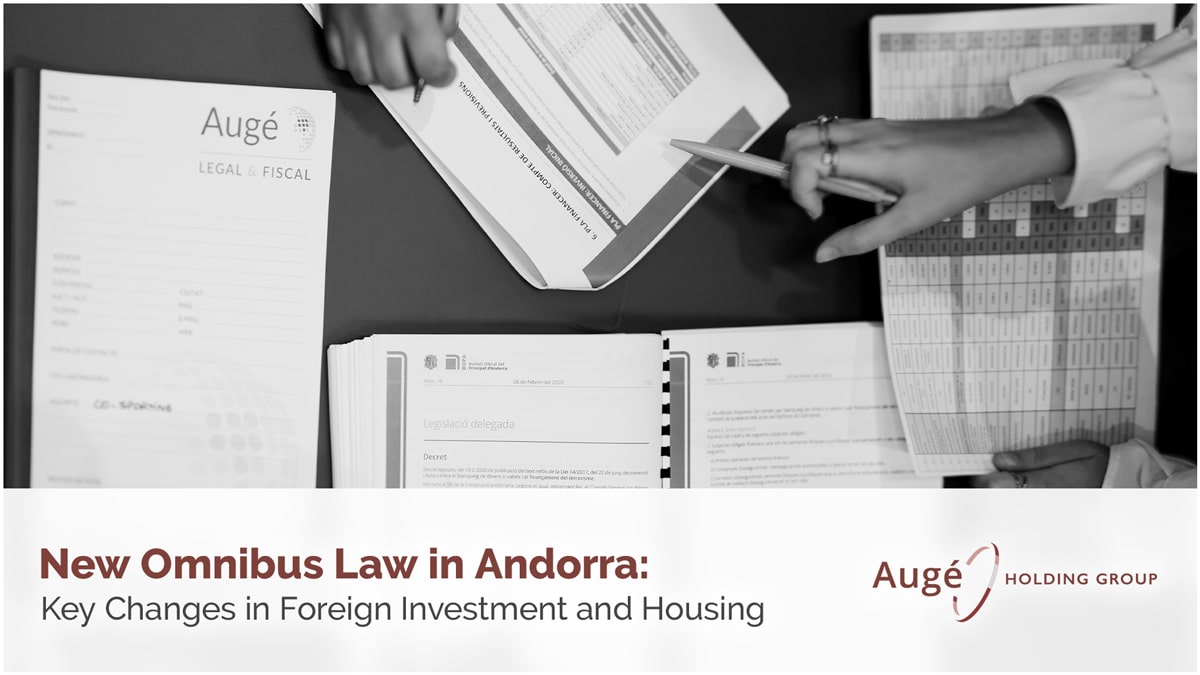With the arrival of 2025, the fiscal landscape in Spain is undergoing significant changes that will affect both citizens and businesses. New year, new increases:
Table of contents
TogglePersonal Income Tax (IRPF):
Savings Income: The tax rate for savings income exceeding 300,000 euros will increase from 28% to 30%.
Value Added Tax (VAT):
Necessities: After a temporary reduction in 2024, VAT on basic food items like bread, milk, eggs, and fruit will rise to 4% starting in January 2025.
Electricity: The tax rate will return to 21%, which could increase electricity bills by between 106 and 118 euros annually.
New Levies:
Waste Tax: Starting in April 2025, all municipalities will be required to implement a mandatory tax for waste collection and management, estimated at between 165 and 200 euros per year per household.
Diesel Tax: The diesel tax will be aligned with that of gasoline, with an increase of 9.369 cents per liter, meaning a total increase of 11.33 cents per liter when including VAT.
Tobacco-Related Products: A new tax will be introduced for e-cigarette liquids and nicotine pouches, which will start being taxed like conventional tobacco from April 2025.
Corporate Tax:
In contrast to individual taxation, there are some tax improvements for small businesses:
Microenterprises: Companies with a turnover under 1 million euros will see their tax rate reduced from 23% to 17% on the first 50,000 euros of taxable base.
SMEs: Those with a turnover under 10 million euros will experience a gradual reduction in the tax rate, which will decrease by one percentage point in the coming years, reaching 20% by 2029.
It is estimated that these changes will result in an additional cost of 300 to 400 euros per year in taxes for the average household.
Andorra, an Increasingly Competitive Alternative
In contrast to these tax increases in Spain, Andorra strengthens its appeal as a competitive tax destination within Europe. With significantly lower tax rates on IRPF, Corporate Tax, and VAT (which remains at a reduced 4.5%), the Principality continues to attract the attention of businesses, entrepreneurs, and individuals seeking a more favorable tax environment. These differences make Andorra an increasingly valued option compared to its neighbors, especially in the context of rising tax pressure in countries like Spain or France.
These measures reflect the government’s intention to increase tax revenue in various sectors while maintaining the IRPF without indexation, which will have a direct impact on taxpayers’ economy. It is recommended to stay informed and, if necessary, seek advice to adapt to these changes.





